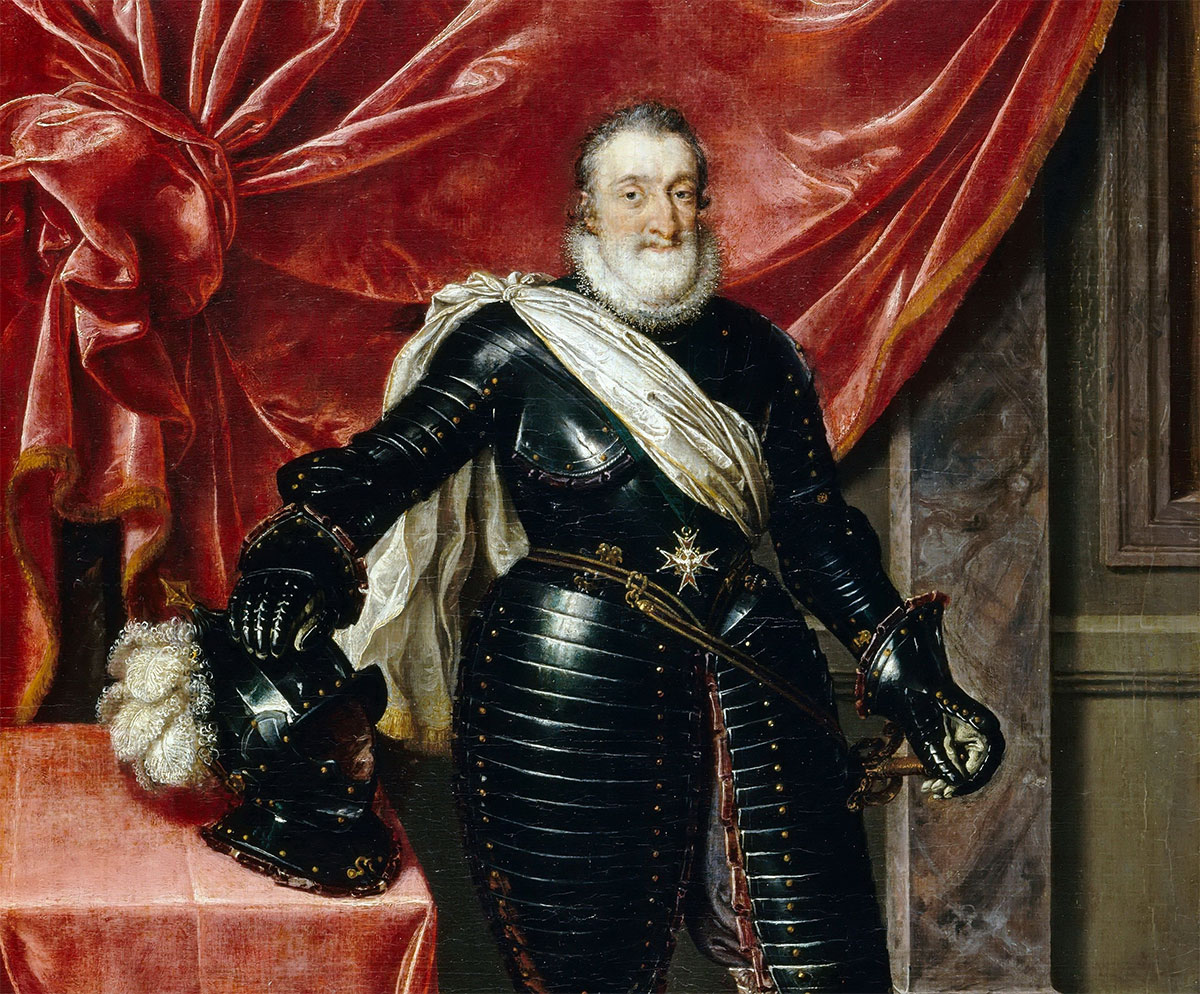By this edict Henry IV granted religious freedom to the Huguenots. Its key provisions follow:
We have by this perpetual and irrevocable Edict pronounced, declared, and ordained and we pronounce, declare and ordain:
I. Firstly, that the memory of everything done on both sides from the beginning of the month of March, 1585, until our accession to the Crown and during the other previous troubles, and at the out¬break of them, shall remain extinct and suppressed, as if it were something which had never occurred.
II. We forbid all our subjects, of whatever rank and quality they may be, to renew the memory of these matters, to attack, be hostile to, injure or provoke each other in revenge for the past, whatever may be the reason and pretext … but let them restrain themselves and live peaceably together as brothers, friends, and fellow-citizens.
III. We ordain that the Catholic, Apostolic, and Roman religion shall be restored and re-established in all places and districts of this our kingdom and the countries under our rule, where its practice has been interrupted.
VI. And we permit those of the so-called Reformed religion to live and dwell in all the towns and districts of this our kingdom and the countries under our rule, without being annoyed, disturbed,
molested, or constrained to do anything against their conscience, or for this cause to be sought out in their houses and districts where they wish to live, provided that they conduct themselves in other respects to the provisions of our present Edict.
XXII. We ordain that there shall be no difference or distinction, because of the aforesaid religion, in the reception of students to be instructed in Universities, Colleges, and schools, or of the sick and poor into hospitals, infirmaries, and public charitable institutions.
XXVII. In order to reunite more effectively the wills of our subjects, as is our intention, and to remove all future complaints, we declare that all those who profess or shall profess the aforesaid so-called Reformed religion are capable of holding and exercising all public positions, honours, offices, and duties whatsoever … in the towns of our kingdom … notwithstanding all contrary oaths.

